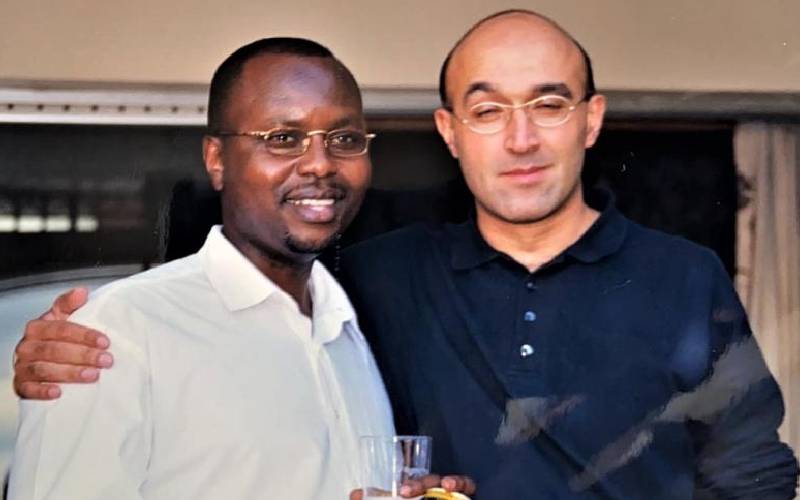×
The Standard e-Paper
Join Thousands Daily

Jimi Kariuki and Sandy Vohra. [Courtesy]
Imagine two men, a Kikuyu and an Indian, having a drink in downtown Nairobi. It is in the early 1970s and the city’s social vibe may not have been as boisterous as it is today. Or at least well before Covid put brakes on Nairobi’s nightlife.